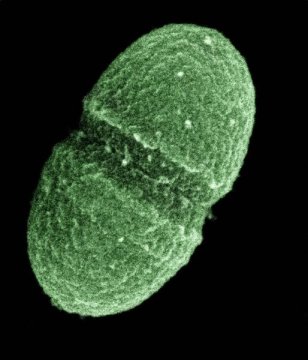[ad_1]
The ability to acquire manganese during infection is essential for the virulence of Enterococcus faecalis in animals, according to a study published September 20 in the open-access journal PLOS Pathogens by José Lemos of the University of Florida College of Dentistry, and colleagues.
Manganese is an essential micronutrient for bacterial pathogens during infection. To prevent infection, the host limits manganese availability to invading bacteria through an active process known as nutritional immunity. To overcome this limitation, bacteria produce high-affinity manganese uptake systems to scavenge this nutrient from host tissues. However, little is known about the potential role of manganese in the virulence of E. faecalis — a leading cause of hospital-acquired infections that are often difficult to treat due to their exceptional multidrug resistance. To address this gap in knowledge, Lemos and colleagues identified and characterized the major manganese acquisition systems of this opportunistic pathogen.
The findings suggest that these transporters are essential for the growth of E. faecalis in manganese-restricted environments. The simultaneous inactivation of three main manganese transporters led to the loss of virulence in rabbit and mouse infection models. In contrast to the unmutated bacterial strain, the mutant strain lacking the three transporters was virtually absent in infected organs such as the heart and bladder. Collectively, the results demonstrate that manganese acquisition is essential for the virulence of E. faecalis. According to the authors, manganese uptake systems could be promising targets for the development of new antimicrobial therapies to combat infections.
“While we and others have shown that inactivation of certain genes and pathways can negatively affect the ability of E. faecalis and related bacteria to cause disease, this is the first time we have observed an outcome as dramatic as this in terms of loss of virulence in mammalian models,” notes Lemos. “In addition, this complete loss of virulence was not associated with a general loss in fitness as the mutant lacking all 3 manganese uptake systems showed normal growth and survival rates in the lab when manganese was provided in excess amounts.”
Story Source:
Materials provided by PLOS. Note: Content may be edited for style and length.
[ad_2]















